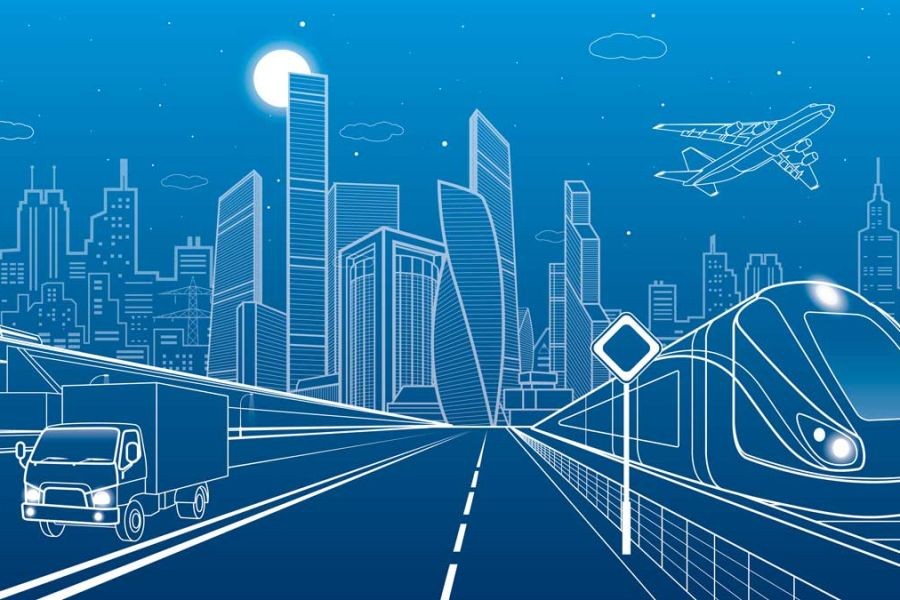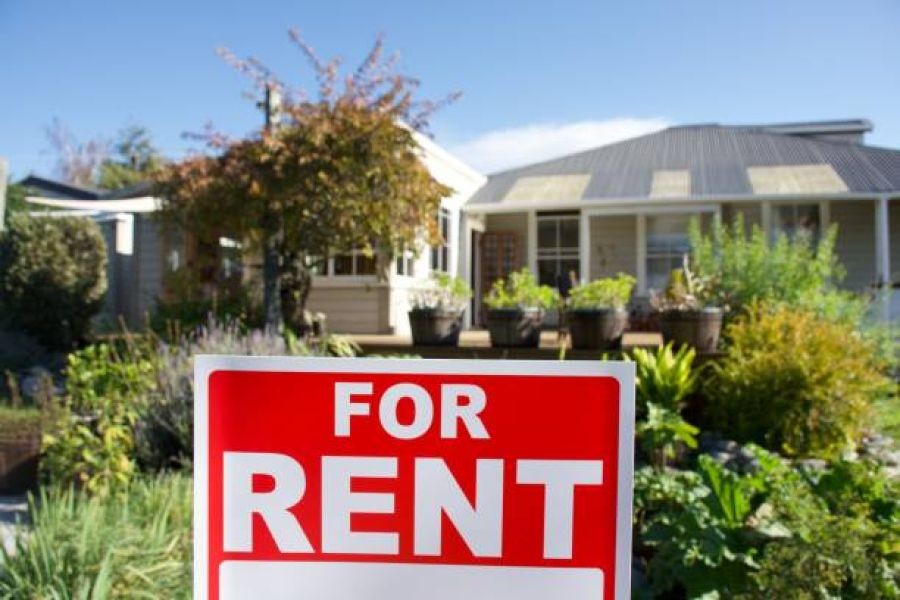Transportation is the backbone of any thriving economy, and in New Zealand, sustainable transportation is emerging as a critical component for future growth. As cities expand and populations increase, the environmental and economic implications of transportation choices become more pronounced. The recent push towards sustainability reflects a broader global trend, yet it carries unique significance for New Zealand due to its geographical isolation and commitment to environmental stewardship. But is sustainable transportation truly the key to New Zealand’s future? Let’s delve into the pros and cons, supported by real-world examples and data-driven insights.
Understanding Sustainable Transportation in New Zealand
As of 2023, New Zealand has been actively pursuing sustainable transportation solutions, with the government setting ambitious targets to reduce greenhouse gas emissions. The Ministry of Business, Innovation, and Employment (MBIE) reports that transportation contributes to approximately 20% of the country's total emissions. A shift towards electric vehicles (EVs), improved public transit, and cycling infrastructure is seen as vital to achieving New Zealand's climate goals.
Pros of Sustainable Transportation
- Environmental Impact: Transitioning to sustainable transportation methods, such as EVs and public transit, significantly reduces carbon emissions. For instance, switching to electric buses in Auckland is projected to cut emissions by 50,000 tonnes annually.
- Economic Benefits: Sustainable transportation can lead to substantial cost savings. The New Zealand Transport Agency (NZTA) estimates that increased use of public transport can save billions in road maintenance and reduce congestion-related costs.
- Health Improvement: Encouraging cycling and walking promotes physical health, reducing healthcare costs. The University of Auckland found that a 10% increase in cycling could save the health system millions annually.
- Innovation and Jobs: The push for sustainable transportation is fostering innovation in sectors such as EV manufacturing and infrastructure development, creating new jobs and stimulating economic growth.
Cons of Sustainable Transportation
- High Initial Costs: Implementing sustainable transportation infrastructure requires significant investment. For example, the upfront costs of transitioning to electric buses or building new cycling paths can be substantial.
- Technological and Infrastructure Challenges: The transition to EVs is hampered by the current lack of charging infrastructure across rural areas, which could hinder adoption rates.
- Public Resistance: Despite the benefits, there is often public resistance to change, particularly regarding the use of public transport and the perceived inconvenience compared to personal vehicles.
- Economic Disparity: The higher cost of EVs can be prohibitive for lower-income families, raising concerns about equity and access.
Case Study: Auckland’s Public Transport Strategy
Auckland, New Zealand’s largest city, has been at the forefront of integrating sustainable transportation solutions. Faced with severe congestion and pollution issues, the city implemented a comprehensive public transport strategy, which included the introduction of electric trains and expanded bus services.
Problem: Auckland experienced significant congestion, with economic costs estimated at over NZD 1 billion annually.
Action: The city introduced new electric trains and upgraded bus services, investing in infrastructure improvements and service frequency.
Result: Public transport usage increased by 20% within two years, reducing congestion and emissions significantly. Customer satisfaction also improved, with more residents opting for public transport over private vehicles.
Takeaway: Auckland’s success demonstrates how investment in public transport can yield significant environmental and economic benefits. It highlights the importance of government commitment and public engagement in achieving sustainable transportation goals.
Common Myths and Misconceptions
- Myth: "Electric vehicles are not significantly cleaner than traditional cars." Reality: According to the Energy Efficiency and Conservation Authority (EECA), EVs produce 60% fewer emissions over their lifetime compared to traditional petrol vehicles.
- Myth: "Sustainable transportation is too expensive for developing economies." Reality: While initial costs are high, long-term savings on fuel, maintenance, and health costs make sustainable options economically viable.
- Myth: "Public transport is inconvenient and unreliable." Reality: With strategic planning and investment, public transport can be competitive with private vehicles in terms of convenience and reliability, as seen in Auckland's improvements.
Future Trends and Predictions
The New Zealand government aims to have zero net emissions by 2050, and sustainable transportation is central to this plan. According to a Deloitte report, EV adoption in New Zealand is expected to rise sharply, with projections indicating that by 2030, 50% of new car sales will be electric. Additionally, advancements in autonomous vehicle technology could revolutionize public transport, making it more efficient and accessible.
Conclusion
Sustainable transportation is indeed a key to New Zealand’s future, offering substantial environmental, economic, and health benefits. While there are challenges to overcome, the case of Auckland demonstrates the potential for positive change. For property developers, these trends present opportunities to integrate sustainable transportation into urban planning, enhancing property values and community appeal.
As New Zealand continues to innovate and invest in sustainable transportation, the nation is poised to set an example on the global stage. For those in the property development sector, understanding and leveraging these trends will be crucial in shaping the future of New Zealand’s urban landscapes.
People Also Ask
- How does sustainable transportation impact New Zealand's economy? Sustainable transportation reduces costs related to road maintenance, congestion, and health, offering long-term economic benefits.
- What are the biggest misconceptions about sustainable transportation? A common myth is that EVs offer negligible environmental benefits, but they actually reduce lifetime emissions by 60% compared to petrol cars.
- Who benefits the most from sustainable transportation? Urban residents, local governments, and environmental advocates benefit significantly, as sustainable transportation reduces pollution and enhances quality of life.
Related Search Queries
- Sustainable transportation in New Zealand
- Electric vehicle adoption in NZ
- Public transport improvements in Auckland
- Environmental benefits of EVs
- Challenges of sustainable transportation
- Future of transportation in New Zealand
- Auckland public transport strategy
- Economic impact of sustainable transportation
- Government policies on sustainable transport NZ
- Health benefits of sustainable transportation
































KerriTrick
8 months ago